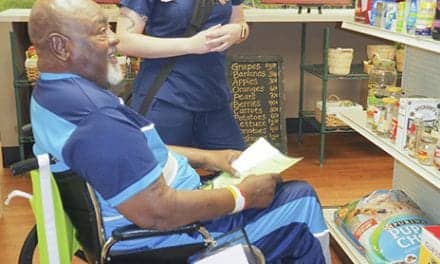Standardized measurement methods and training of therapist assessors for a multisite, rehabilitation, randomized, clinical trial resulted in high inter-rater reliability for the Fugl-Meyer motor and sensory assessments, say authors of a study in Stroke.
Poststroke sensorimotor impairment severity can be reliably assessed for clinical practice or rehabilitation research with these methods, add the authors, which include Katherine J. Sullivan, PT, PhD; Julie K. Tilson, PT, DPT, NCS; Dorian K. Rose, PT, PhD; Julie Hershberg, PT, DPT, NCS; Anita Correa, PT; Molly McLeod, PT, MPT, NCS; Craig Moore, PT, MS; and Pamela W. Duncan, PT, PhD.
Fifteen individuals with hemiparetic stroke, 17 trained physical therapists across five regional clinical sites, and an expert rater participated in an inter-rater reliability study of the Fugl-Meyer motor (total, upper extremity, and lower extremity subscores) and sensory (total, light touch, and proprioception subscores) assessments.
Intra-rater reliability for the expert rater was high for the motor and sensory scores (range, 0.95-1.0). Inter-rater agreement (intraclass correlation coefficient, 2, 1) between expert and therapist raters was high for the motor scores (total, 0.98; upper extremity, 0.99; lower extremity, 0.91) and sensory scores (total, 0.93; light touch, 0.87; proprioception, 0.96).
[Source: American Physical Therapy Association PT in Motion]




